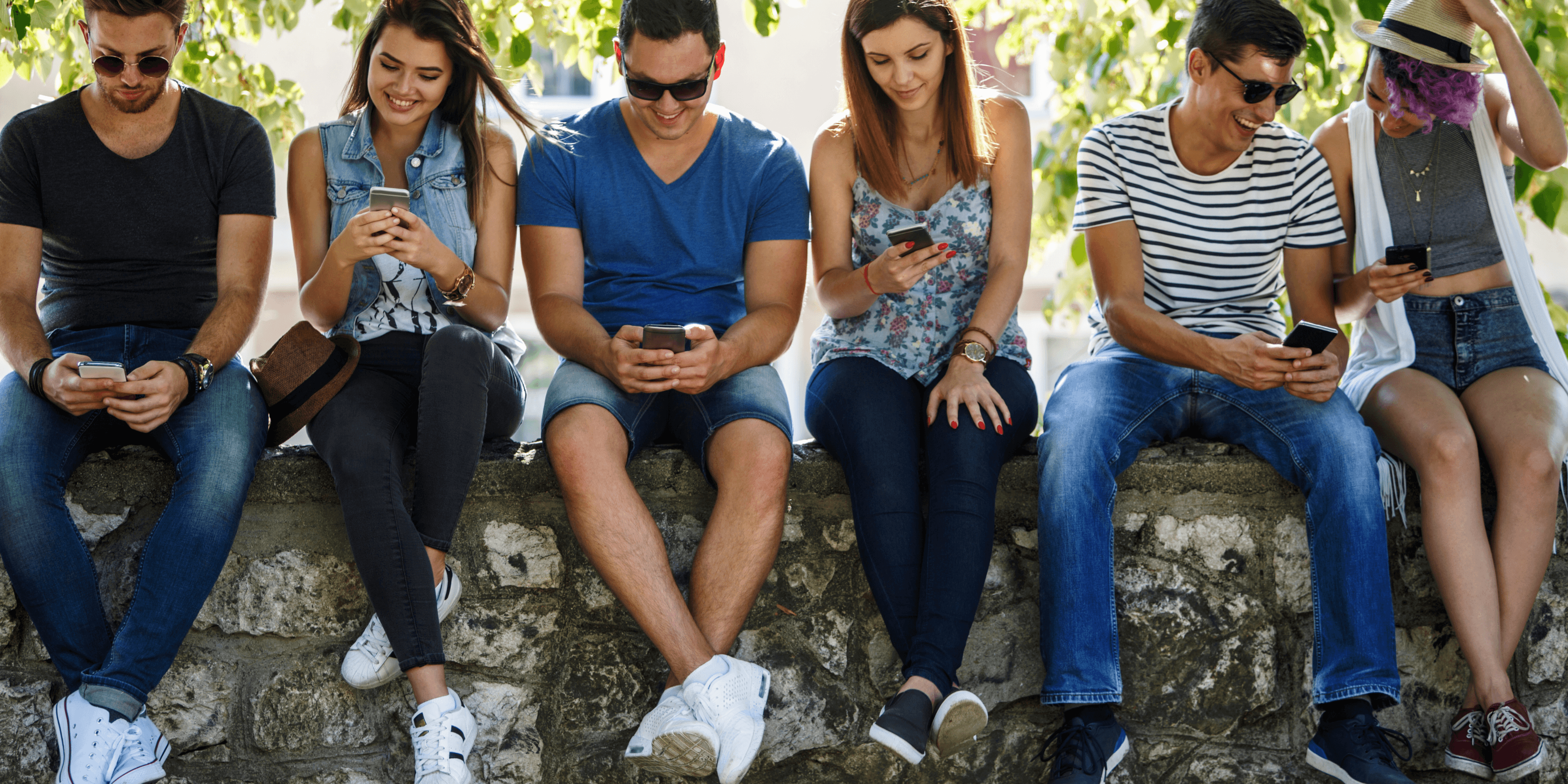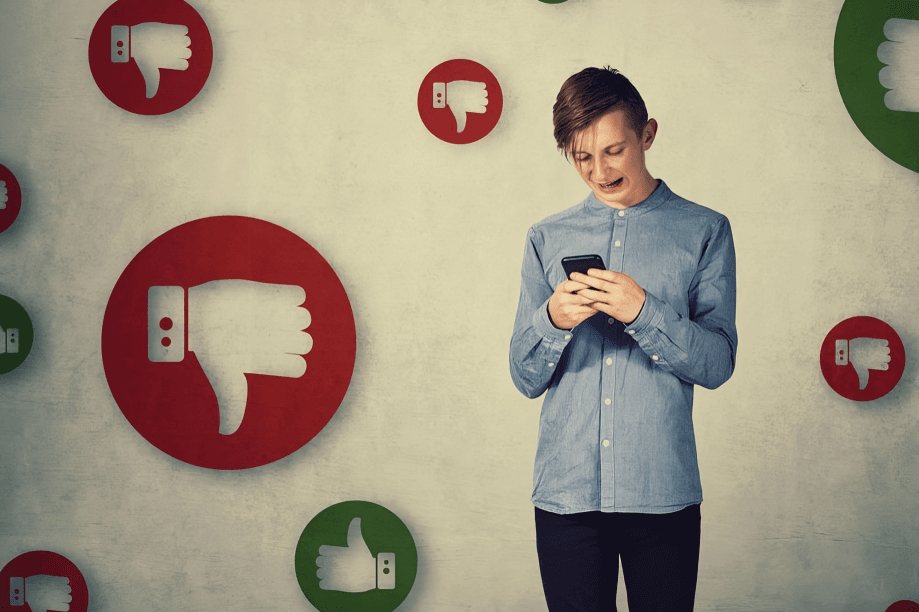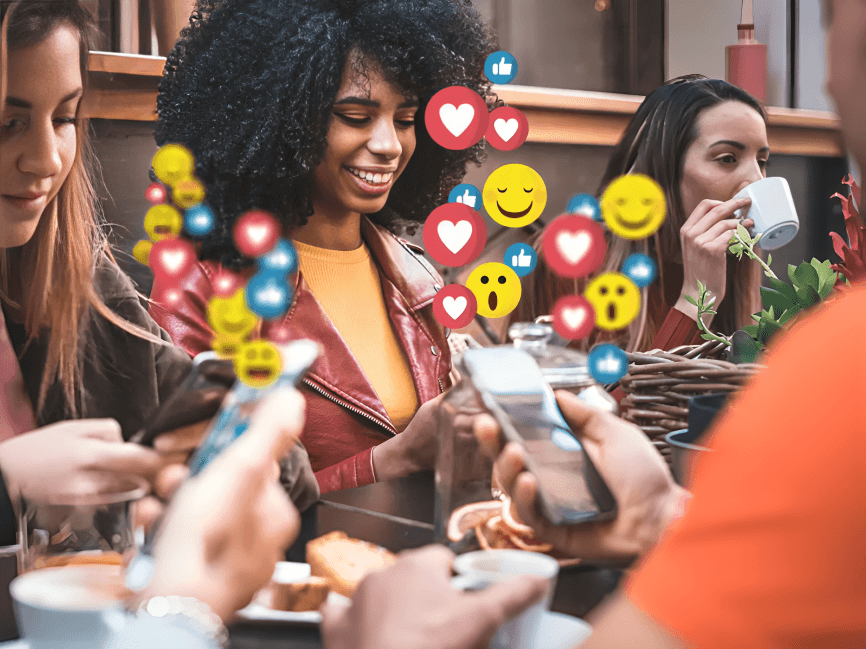
“
The psychological effects of social media addiction have become an important topic as platforms like Facebook, Instagram, and TikTok dominate daily life. This addiction influences emotional well-being, cognitive functions, and social behavior, leading to significant mental health concerns worldwide. 1
1
”
According to psychologist Dr. Jean Twenge, excessive social media use can increase feelings of anxiety and depression, especially in teens, by disrupting real-life social interactions. 1
Social media addiction rewires the brain’s reward system, similar to substance abuse, where likes and notifications trigger dopamine release, reinforcing compulsive usage and craving for instant gratification. 2
Prolonged social media engagement often causes decreased attention span and difficulty focusing on tasks, as constant notifications and scrolling lead to fragmented thinking and mental fatigue. 3

Social comparison on platforms encourages negative self-perception, as users frequently measure their worth against idealized images, causing lowered self-esteem and dissatisfaction.
Excessive use of social media can disrupt sleep patterns, as exposure to blue light from screens suppresses melatonin, while late-night scrolling increases cognitive arousal, making falling asleep harder. 4
Social media addiction increases vulnerability to cyberbullying, which negatively impacts psychological health by elevating stress, fear, and depressive symptoms in affected individuals. 5
Studies show that social media addiction can impair memory consolidation and learning ability by diverting cognitive resources towards multitasking and superficial processing. 6
The pressure to maintain a perfect online persona often causes chronic stress and burnout, as users constantly curate content to meet unrealistic expectations from followers. 7
People addicted to social media are more prone to experiencing FOMO (fear of missing out), which increases anxiety and compels them to stay online constantly to avoid feeling excluded. 8
Research indicates that social media addiction correlates with increased risk of developing symptoms of attention deficit hyperactivity disorder (ADHD) due to constant stimulation and distraction. 9
Social media use can elevate cortisol levels, the stress hormone, especially when users encounter negative content or social rejection, contributing to long-term emotional distress. 10

The "like" culture on social media can create dependency on external validation, where users’ moods fluctuate based on the number of likes or comments received.
Social media addiction can negatively affect real-life relationships, causing misunderstandings, jealousy, and reduced quality time with friends and family. 11
Chronic social media use is linked to reduced physical activity and increased sedentary behavior, which further exacerbates mental health issues such as depression and anxiety. 12
Addiction to social media often blurs the boundaries between work and personal life, increasing stress and reducing productivity due to constant digital interruptions. 13
Frequent social media use during adolescence can alter brain development, particularly in areas controlling emotional regulation and social skills, as shown by recent neuroimaging studies. 14

The addictive nature of social media encourages procrastination, causing delays in important life tasks and increased stress from unmet deadlines and responsibilities.
Social media platforms use algorithms that encourage longer engagement, reinforcing addictive behavior by constantly serving personalized content that aligns with user preferences. 15
Philosopher Byung-Chul Han describes social media addiction as a "society of tiredness," where constant digital exposure leads to mental exhaustion and a loss of genuine social connection. 16
Studies show that therapeutic interventions targeting social media addiction, including mindfulness and cognitive behavioral therapy, can effectively reduce negative psychological effects. 17


